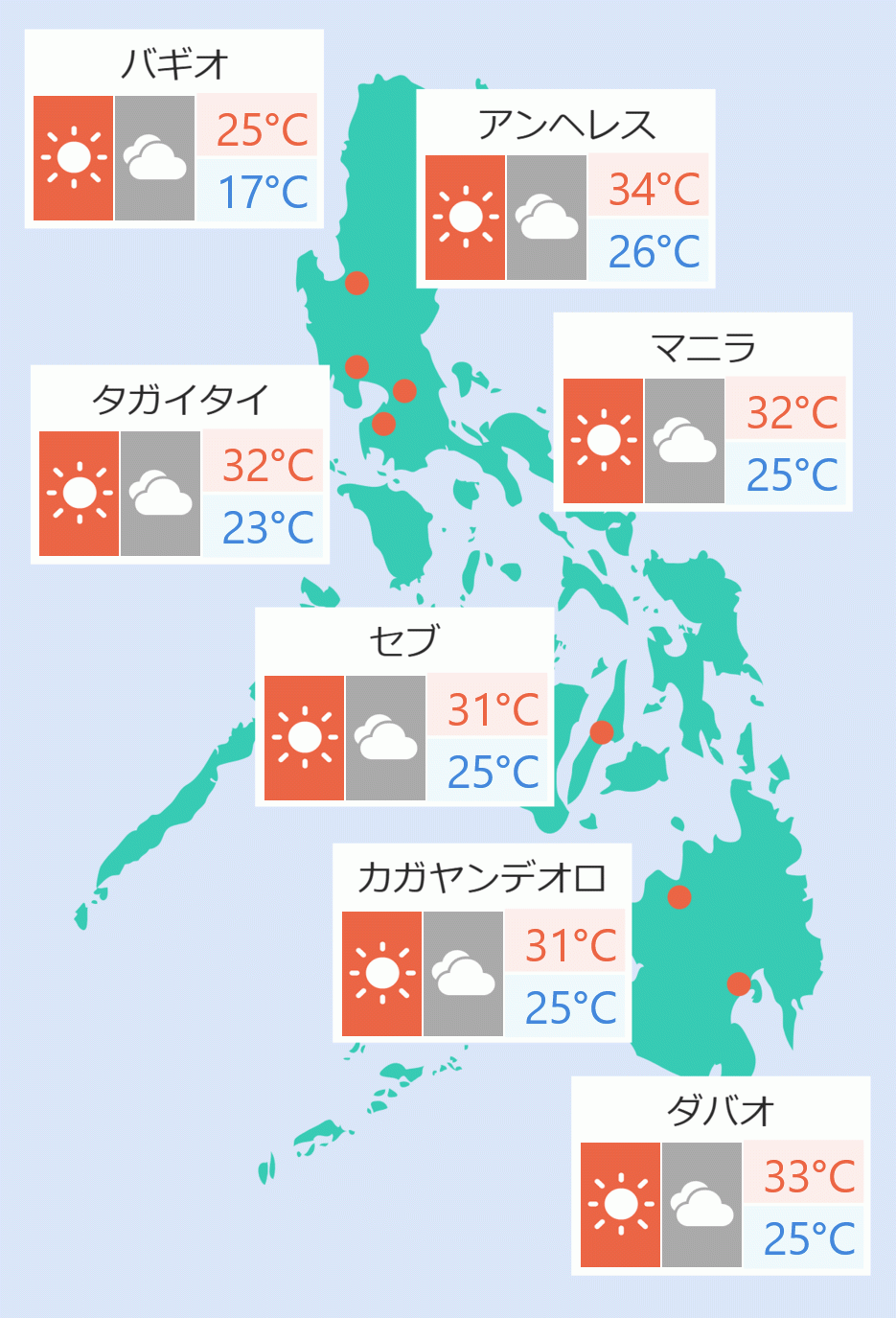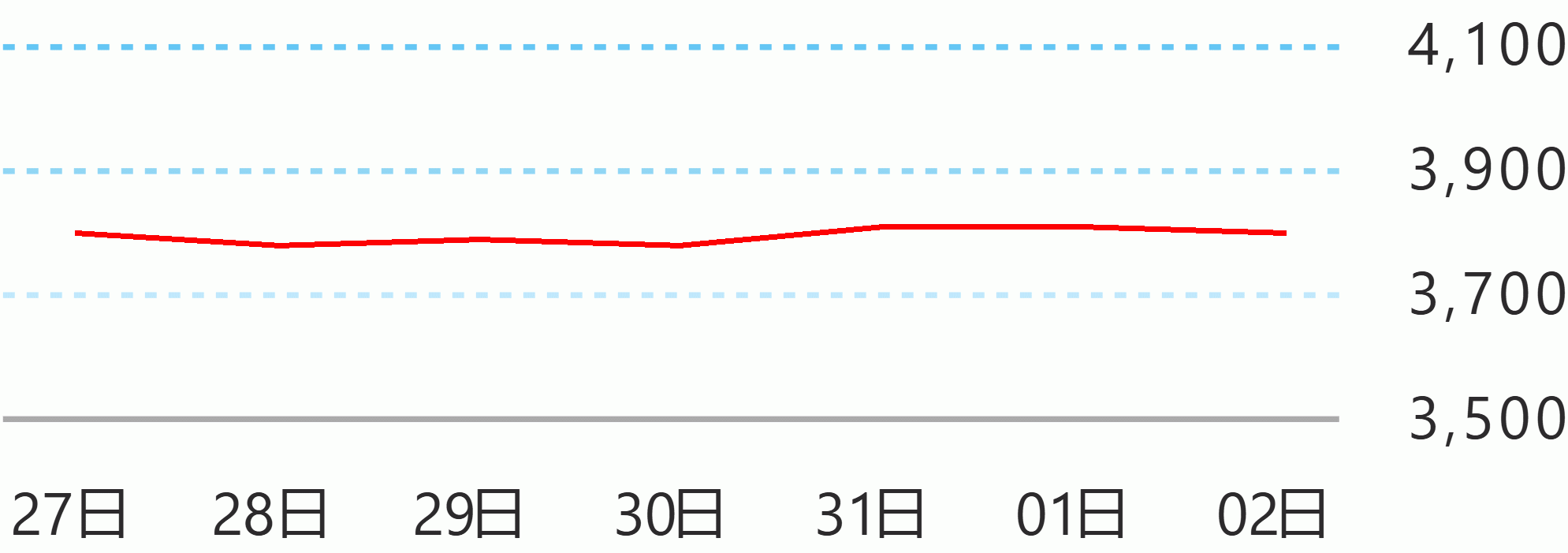President Ferdinand Marcos Jr. has signed into law the Caregiver Welfare Act, which puts in place policies aimed at protecting the rights and the welfare of domestic caregivers.
Marcos signed the 12-page Republic Act No. 11965, or “An Act Institutionalizing Policies for the Protection and Welfare of Caregivers in the Practice of their Occupation” on November 23.
In signing the law, Marcos recognized the need to protect the rights of the caregivers towards a decent employment and income, and adhere to a policy of protecting them against abuse, harassment, violence and economic exploitation.
Covered by the law are the caregivers employed and working within the country in private homes, nursing or care facilities and other residential settings, and caregivers whether directly hired by the employer or placed through Public Employment Services Office (PESO) and Private Employment Agency (PEA).
Under the law, caregivers’ working hours will be based on their employment contract as they will be entitled to an overtime pay for work beyond the daily eight-working hours, and to a night shift differential with minimum wage not less than the applicable minimum wage in the region.
Caregivers who have rendered at least one month of service are also entitled to a 13th month pay, which will be paid not later than December 24 of every year, or upon separation from employment, and a leave credit of at least five days with pay for those who have rendered at least one year of service.
They are also covered with other benefits such as SSS contributions, PhilHealth, Pag-Ibig and to “all benefits in accordance with the pertinent provisions provided by law.”
A caregiver may terminate contract at any time before its expiration if suffering from verbal or emotional abuse, and inhumane treatment and physical abuse.
The Department of Labor and Employment (DOLE) is tasked to promulgate the Implementing Rules and Regulations (IRR) of the Caregiver Act in coordination with the Technical Education and Skills Development Authority (TESDA) and other concerned agencies for the effective implementation of the law.
The Department of Migrant Workers (DMW), in coordination with the DOLE, TESDA and other agencies, “shall issue the rules and regulations for the recruitment and deployment of Filipino caregivers for overseas employment to ensure their protection, including their reintegration,” the newly signed law stated.
The Caregiver Welfare Act will take effect 15 days upon publication in the Official Gazette, or in at least two newspapers of general circulation. Presidential News Desk





 English
English










